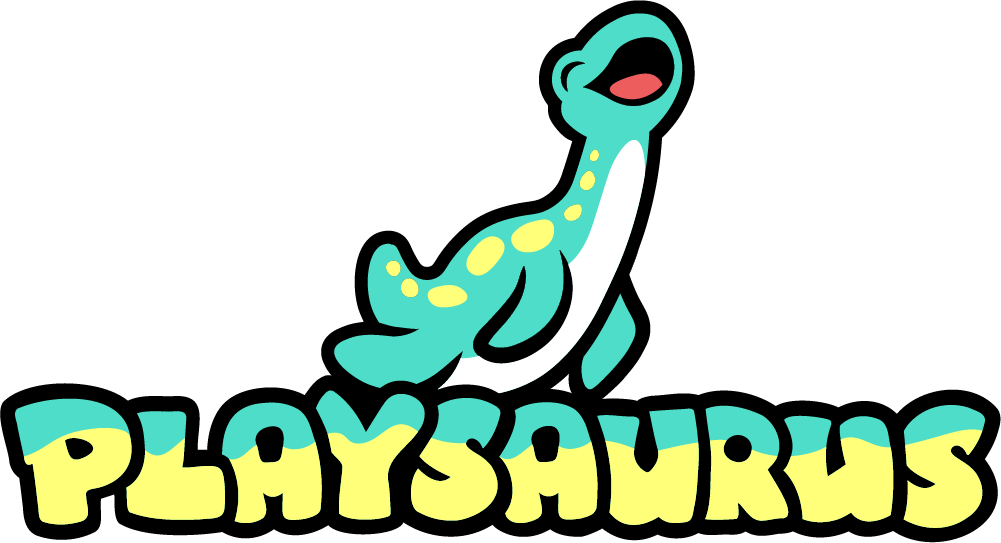Follow us on twitter here. We will continue to post updates until this situation is resolved.
On February 20, 2018, GTX Corp. came after Playsaurus (developers of Clicker Heroes) for patent infringement, demanding “a fully paid up license fee of $35,000” which GTX Corp. stated had to be secured “by the end of the ten (10) day period to avoid costly litigation”. I subsequently wrote about their demands here. The purpose of my public post was to let the community at large know that smaller developers in the game industry were being threatened. I also wanted developers to know that they were not alone, that we could collaborate to legally defend against GTX Corp.’s demand, and that we could challenge GTX Corp.’s infringement claims and the validity of their patents.
Now, because of my post, GTX Corp. is accusing me of libel: “a false and unprivileged publication by writing, printing, picture, effigy, or other fixed representation to the eye, which exposes any person to hatred, contempt, ridicule, or obloquy, or which causes him to be shunned or avoided, or which has a tendency to injure him in his occupation.”
Their libel accusation very much feels like an attempt to silence me and stifle my freedom to speak about this issue to keep us from discovering and revealing how many of us are receiving these letters. GTX Corp.’s behavior demanding “$35,000” to “avoid costly litigation” is bad enough already, but stifling a small game-developer’s freedom of speech and our ability to mount a collaborative legal defense is a step too far. Fear of retaliation is one of many reasons smaller developers do not publicly talk about and defend against these demands. By being too scared to talk about this, the community would lose out on the positive potential of collaboration and on public awareness of these situations.
As much as GTX Corp. might not like it, I will continue to post publicly about this, so that we can continue to collaborate with other game developers as much as possible, and to provide a clear, transparent, and very public example of what actually comes of this kind of situation.
Beyond the libel claim, their new letter now claims that we induced Kongregate to infringe and use Kreds, despite the fact that Kongregate had Kreds for 6 years before we put Clicker Heroes on the site. They’ve also added a new patent to their claims, U.S. Pat. No. 7,328,189, which to me appears to be very similar to the ‘838 patent. Now they are claiming “the amount in controversy exceeds $75,000.” The complete correspondence is below.
Notably, their new letter also drops all claims against Clicker Heroes client software, which proves that their original letter lacked merit. This brings up an important question. Ignoring the validity of the patent, which is its own separate issue:
How many game developers have been scared into, or are considering, paying GTX Corp. to avoid “costly litigation” for a patent that they do not even infringe?
Playsaurus will continue to fight against these allegations as well as collaborate with anyone else who is in the same situation. If GTX Corp. refuses to drop their claims, we are fully committed to having a judge or jury decide the merits of our case, whether before the United States Patent Office or in court.
If you are a game developer being threatened by GTX, we would love to hear from you. You can reach out to me directly at fragsworth@playsaurus.com or our patent lawyer Miguel Bombach MBombach@perkinscoie.com. We promise to keep your conversations confidential and will only publicly discuss your specific situation if you allow us to. Since my first posting, we already received many independent requests from game developers to collaborate. It is unclear exactly how many other developers have received similar demands from GTX Corporation.
Another way you can help is by finding prior art. Unified Patents is offering a $2,000 bounty to anyone who submits good prior art for patent no. 7,177,838, one of the patents that GTX is using. Submit your prior art for a chance to win!
PLEASE NOTE: There appear to be at least two “GTX Corporations”. For clarification, I’m referring to the one in Arizona. There is a different one based in California that appears to be unrelated.
Here is what they sent to us:
- GTX’s Letter to Playsaurus on March 23, 2018
- GTX’s Letter to Playsaurus on March 26, 2018
- GTX’s 2nd Updated Lawsuit Draft
- Exhibit A; Patent No. 7,177,838
- Exhibit B; Patent No. 7,328,189
- John Rizzo’s Expert Testimony
- They also sent us John Rizzo’s resume again. (redacted)
Here is our response:
- Our 2nd response: 2018-04-02 Bombach Letter to Jacobs re Playsaurus.pdf
